
Greatest Video Game Composers: Norihiko Hibino - Article
by Taneli Palola , posted on 12 July 2018 / 4,446 ViewsWhen discussing the music of the Metal Gear series, the people who most often tend to come up are composers like Harry Gregson-Williams, Tappi Iwase (the composer of the iconic Metal Gear Solid main theme), or even Rika Muranaka, who was responsible for the main vocal themes in the first three Metal Gear Solid titles. All these people certainly deserve to be acknowledged for their contributions to the series, but it could be argued that, more than anyone else, it is Norihiko Hibino who should be seen as the most integral and important composer in the history of the series.
In a career that now spans almost 20 years, Hibino has composed music for some of the most well-regarded and beloved titles to come out of Japan during that time period. From numerous Konami titles to working with studios like Platinum Games and Namco Bandai, Hibino has created some magnificent pieces of music, while still remaining relatively unknown and unheralded among most fans of the games he has worked on.
Hibino studied music at and graduated from the Berklee College of Music in the late 90s and began his career in the US working as a Jazz musician, before moving back to Japan in 1999 to work for Konami. Upon his arrival at the company Hibino was immediately put to work on some of the company's most important projects at the time. The first game he worked on while at Konami was Metal Gear: Ghost Babel, a project on which he worked together with Kazuki Muraoka to compose the score.
While Ghost Babel was essentially just a spin-off, it was still a part of Konami's most important franchise, putting Hibino immediately into a fairly high pressure position. He proved to be a highly talented composer from the beginning, and his talents would quickly be in high demand within the company. A clear indication of this was when he was chosen as one of main composers for the Hideo Kojima-produced Zone of the Enders, for which Hibino composed over a third of the entire score.
Hibino's excellent work for Zone of the Enders quickly pushed him higher up the rung within Konami, leading to his working on increasingly higher profile projects, the first of which was as the secondary composer for Hideo Kojima's Metal Gear Solid 2: Sons of Liberty. The majority of the game's soundtrack was still composed by Harry Gregson-Williams, but Hibino was not only given the chance to compose some music on his own for the game, but also work together with Gregson-Williams on several tracks.
In 2002 Hibino remained busy, although most of the titles he worked on were fairly low profile releases, including a Beatmania game, Yu-Gi-Oh!: The Sacred Cards and, most notably, all of the additional music composed specifically for Metal Gear Solid 2: Substance, an expanded version of the original game.
During this time period Hibino generally tended to work together with a number of different composers on each project and 2003 provided a couple of great examples of this. His first project of the year was Zone of the Enders: 2nd Runner, followed by Boktai: The Sun Is In Your Hands, both of which were produced by Hideo Kojima. Hibino shared the credit with three other composers for both titles, but often Hibino's work still stood out from the crowd regardless. In addition, he worked on another Yu-Gi-OH! title in 2003, the second of three games in the series he would compose music for.
2004 was Hibino's busiest year yet, with four different new releases that featured his music releasing that year. The least significant of these was the third and final Yu-Gi-Oh! game he would work on, subtitled The Dawn of Destiny. That summer would also see the release of Boktai 2: Solar Boy Django, on which he collaborated with six other composers. Neither game would leave much of an impact on the industry, instead it was the two games that bookended Hibino's year that people still recall fondly all these years later.
The first of these was the remake of the original Metal Gear Solid, now going by the added title of Twin Snakes, which released on the GameCube early that year to great reviews. Hibino was one of a number of composers who created new music for the title. Even with the success of Twin Snakes, it was the other title that truly put the spotlight on Hibino as a composer. On November 17th the world saw the release of Metal Gear Solid 3: Snake Eater, which gave Hibino his most significant role yet within the long-running series, splitting composing duties almost equally with the acclaimed Gregson-Williams.
This included the famous ´Snake Eater´ theme that plays in the game's opening, and several other memorable tracks, some of which were created in collaboration between the two composers. To this day, MGS3 remains one of Hibino's most well-known scores, and for a good reason. However, it would also prove to be a significant moment in his career for another reason as well.
In 2005 Norihiko Hibino decided to leave Konami and pursue a career as a freelancer through an audio production company he would found that same year - GEM Impact. This allowed him to expand and offer his talents to other video game companies while still working for Konami on several of its titles. Founding the company and employing several other composers through it meant that Hibino himself was unable to work on any of the games released that same year, but he did manage to release an album featuring his own music called AKASHI in 2005.
The first project Hibino created music for following his brief hiatus from video games was a Tactical RPG called Elvandia Story, which released in 2006 for the PS2. Coincidentally, it was also the first time in his career as a video game composer that he worked for someone other than Konami. However, he still stayed in very close contact with his former employer, as in 2006 alone he composed music for two very different Konami projects: Rumble Roses, for which he composed three tracks; and Metal Gear Solid: Portable Ops, for which he provided nearly a quarter of the entire score.
In addition, that same year he would also create part of the soundtrack for Sega's Yakuza 2. The tracks he worked on often mixed in elements of jazz, rock, and traditional Japanese music, giving them a rather unique feel as a result.
2007 would produce no new video game releases featuring Hibino's music, marking another gap year for the composer. But this would change in a major way the following year, with 2008 proving to be one of the most productive of his entire career, with five different video game releases featuring his music releasing that year.
Four of the projects were relatively small scale titles, with the likes of Wolf of the Battlefield: Commando 3, 1942: Joint Strike, and Sho Chiku Bai all releasing with little impact, though Hibino's work in all three was once again excellent. The 5th game on the other hand was one of the year's biggest releases – Metal Gear Solid 4: Guns of the Patriots.
Interestingly, Hibino was initially not even supposed to compose music for Guns of the Patriots as Kojima wanted to take the series' music in a new direction, but when Konami realized in early 2008 that it couldn't finish the entire score in-house in time for the game's release it contracted Hibino and his team at GEM Impact to create 90 minutes of music for MGS4's cutscenes. However, unlike in previous titles in the series, Hibino mostly worked as the producer on the score, co-composing just one of the songs found in the original soundtrack.
Since leaving Konami Hibino had steadily built up his new company and gained recognition for his consistently excellent work on practically every video game project he was a part of. In 2009 he would achieve yet another set of milestones, first working with the then still relatively unknown developer From Software on a title called Ninja Blade, for which he provided a handful of tracks. This was From Software's last title released before it suddenly experienced a massive surge in popularity with the release of Demon's Souls.
However, it was his involvement in another 2009 release that made the biggest impact on his career that year - Bayonetta. Working with Platinum Games for the first time, Hibino, together with two other GEM Impact composers, provided over 50 tracks for the game's massive soundtrack which consisted of a total of 150 tracks. It was one of Hibino's largest projects, and his jazz inspired style worked perfectly with Bayonetta's over-the-top and lighthearted tone.
Perhaps due to the massive undertaking that was Bayonetta's score, 2010 saw Hibino compose just one piece of music for a video game, and even that was done together with another composer. Alongside Nobuko Toda, he created a single track for Metal Gear Solid: Peace Walker, an absolutely haunting piece, which to this day remains the last new composition he has created for any Metal Gear title. Should it remain his final piece of Metal Gear music, then it serves as a beautiful send-off for the series' most prolific composer.
With his Metal Gear days seemingly behind him, Hibino went on to work on a number of different projects the following year, though none became very widely known. These included titles like Otomedius Excellent, Go Vacation, Shinobi 3D, and perhaps most notably, Ace Combat: Assault Horizon.
However, it was around this time that Hibino's work pace as a video game composer began to slow down considerably, at least as far as number of different releases was concerned. 2011 was the last year he worked on more than one game within a single year until 2018, and three years went by without a single contribution from him on any video game soundtrack. Still, this didn't mean that he wasn't continuing to work on some very high profile video game releases.
Hibino next returned to work together with Platinum Games with two of the studio's bit projects, the first of which was the 2013 WiiU title Wonderful 101. For the score Hibino went with a very symphonic and bombastic style, somewhat unusual for him in most of his work, but it definitely showed his versatility as a composer once again. Unfortunately, the game itself wasn't the kind of success Platinum was probably hoping for, getting decent but not great reviews and selling less than 400,000 copies worldwide.
Following this he quickly went on to work on another massive score, this time for Bayonetta 2, returning after having composed a large part of the original game's soundtrack. Working by himself this time, out of the 11 composers signed to compose music for the game, Hibino contributed by far the largest number of tracks for the score, composing over 60 of the 183 tracks found in the original soundtrack. His jazz background also lent itself perfectly to the tone Bayonetta 2 was going for.
In 2015 he contributed two remixes to the rhythm game Persona 4: Dancing All Night, but besides that one small contribution it wouldn't be until 2018 that Hibino would once again work on another video game project in any capacity. During this period he was working on a number of other projects instead, including a number of albums titled Prescription for Sleep, containing arranged versions various pieces of music from video games.
Hibino would finally compose new music for two video games in 2018, working as a guest composer on both projects. The first of these was Tangledeep, a 16-bit style dungeon crawler roguelike released earlier this year, for which Hibino composed two tracks, and the second is an as of yet unreleased visual novel called Oppaidius Summer Trouble!, for which Hibino has composed one track.
As a composer, Hibino is perhaps best known for his jazz and electronic style of music, though he has naturally incorporated elements from numerous different genres into his compositions over the years. This has seen him compose music for a wide variety of different styles of game, which comes together to form a rather eclectic portfolio of video game music across a nearly 20-year career. This is part of the reason why he has managed to remain among the best composers working today for such a long period of time.
In recent years Hibino has adopted a rather more sporadic schedule. During the first ten years of his career, Hibino composed music for 25 different games, whereas from 2010 to 2018 he has worked on just nine unique video game titles, and four of those came out in 2011. He still clearly enjoys composing music for video games, as shown by his side projects that often see him arrange and play music for various different games, and the fact he runs a video game music production company.
However, despite his extensive discography and lengthy career that's filled with some of the best pieces of video game music ever composed, Hibino still tends to get overlooked quite often among even the biggest fans of the video games he has worked on. Hopefully he will gain more recognition as time goes on, but for now we already have a plethora of wonderful tracks of his to listen to and appreciate. Norihiko Hibino deserves to be acknowledged as one of the most talented composers working in the video game industry today, and hopefully some of the tracks I've featured in this article will give you at least a small glimpse of the man's talents.
Sources:
- Norihiko Hibino Profile (VGMdb)
- Norihiko Hibino Profile (VGMO)
- Norihiko Hibino 2008 Interview (Original Sound Version)
- Norihiko Hibino 2010 Interview (Original Sound Version)
- Norihiko Hibino Interview (Music 4 Games)









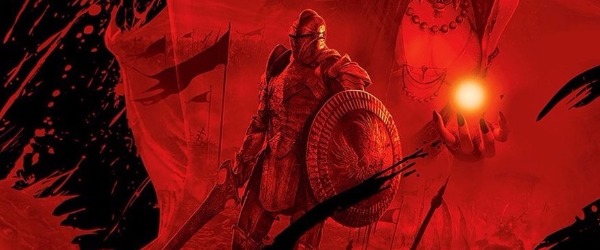
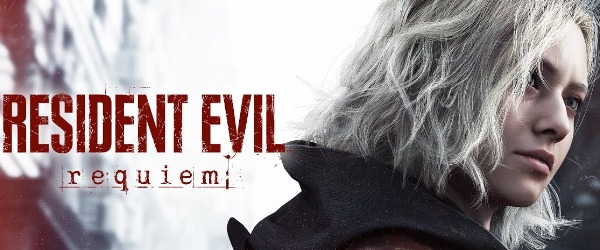
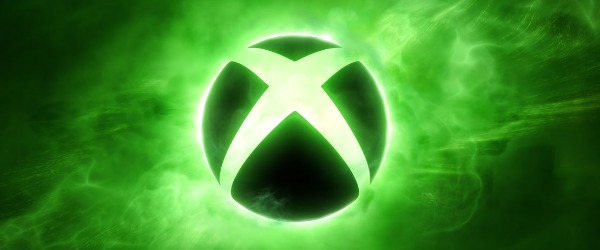













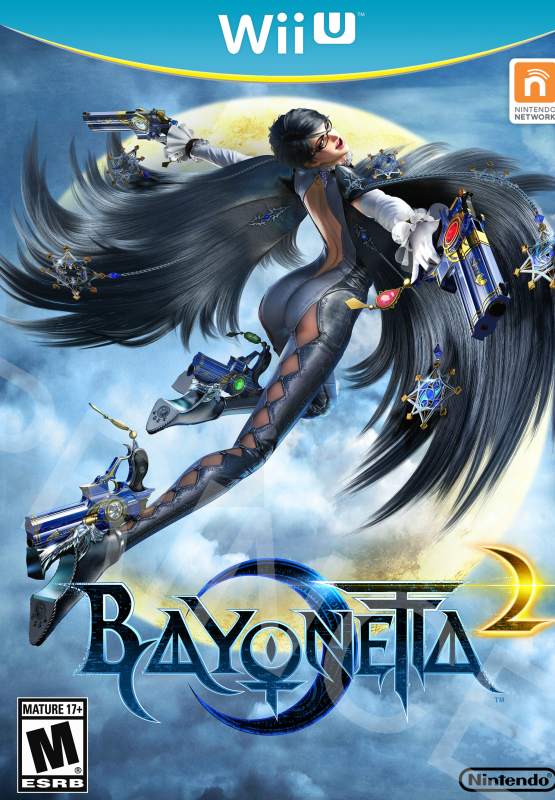

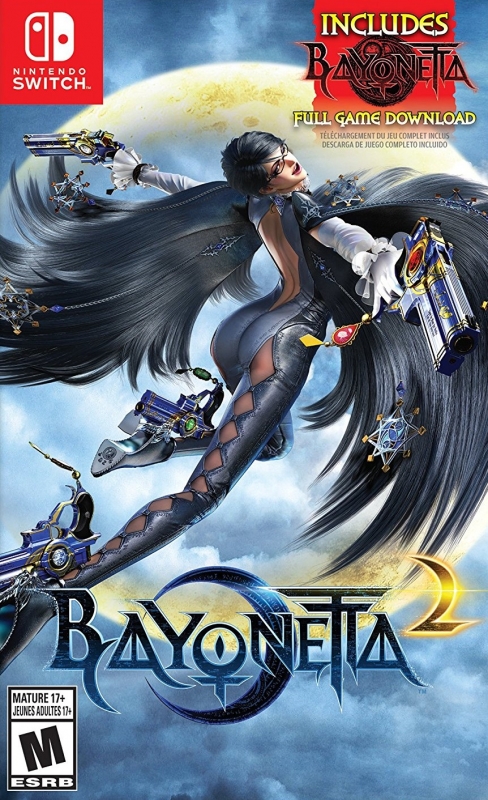

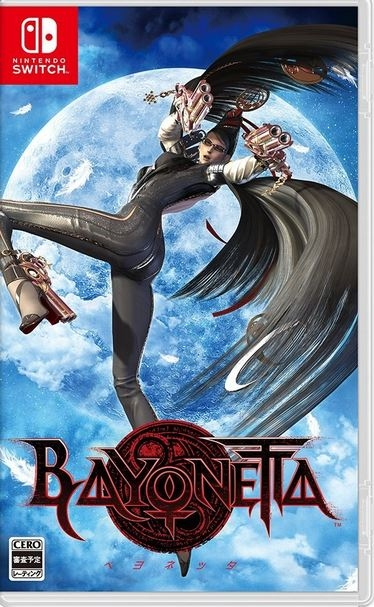

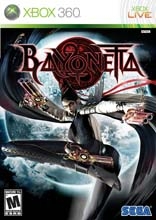

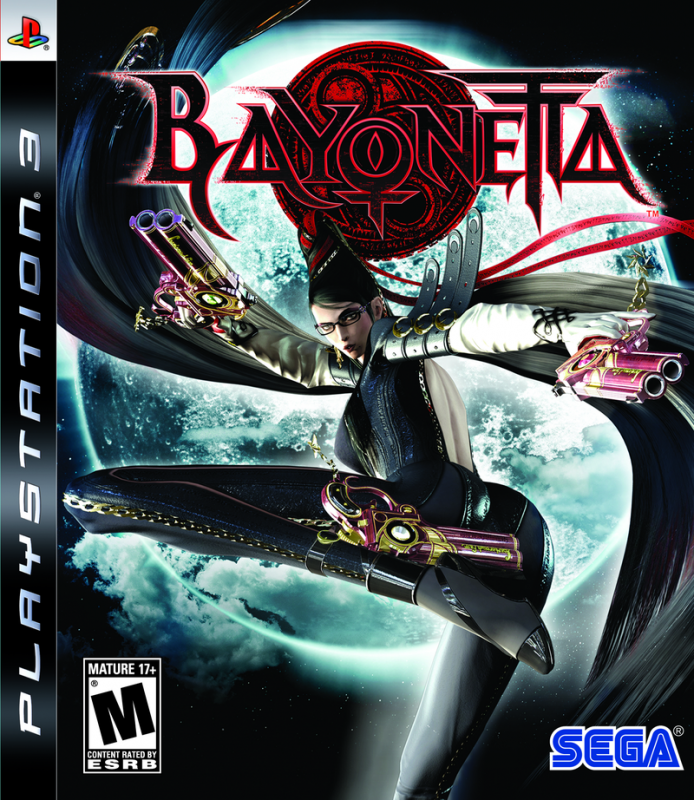

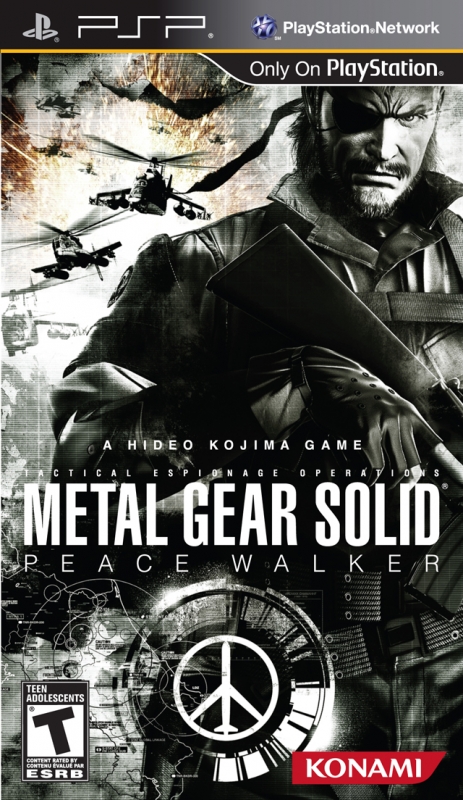

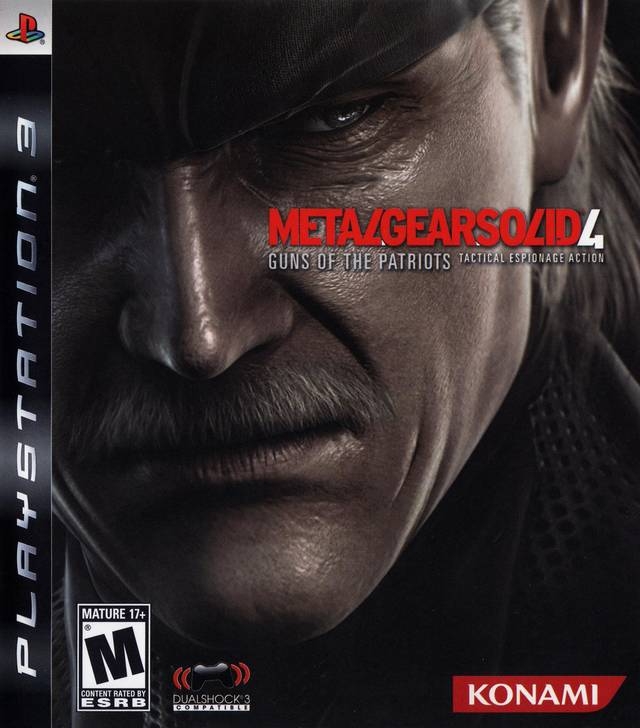
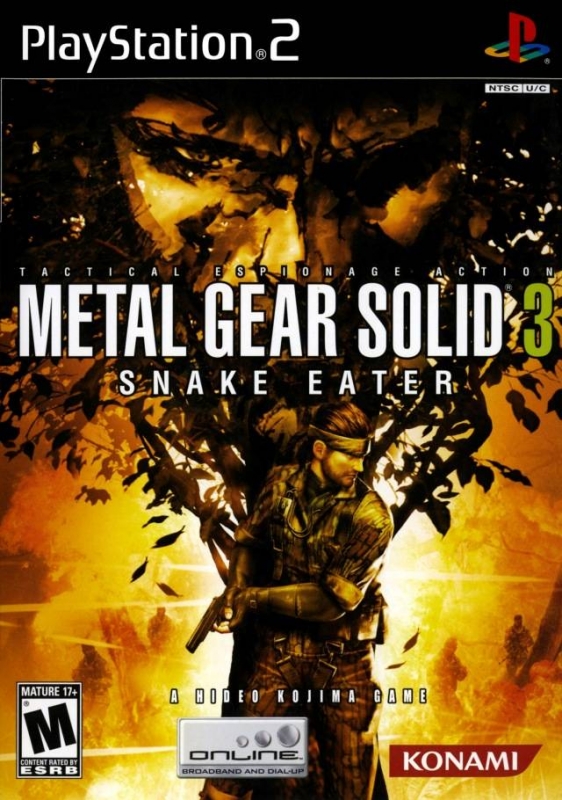

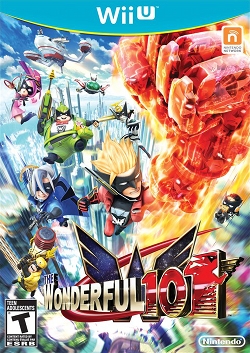
 Essay Pro
Essay Pro